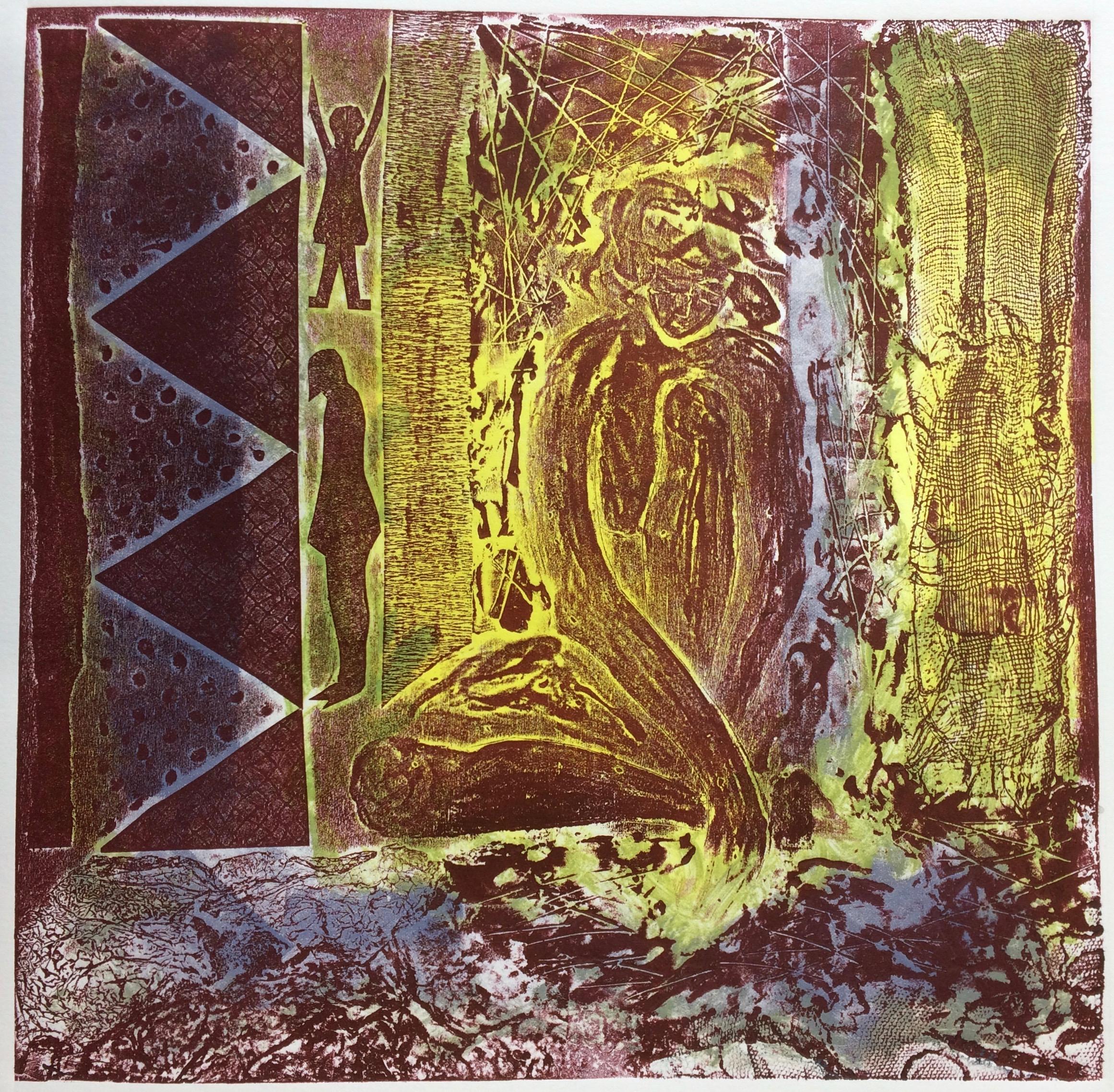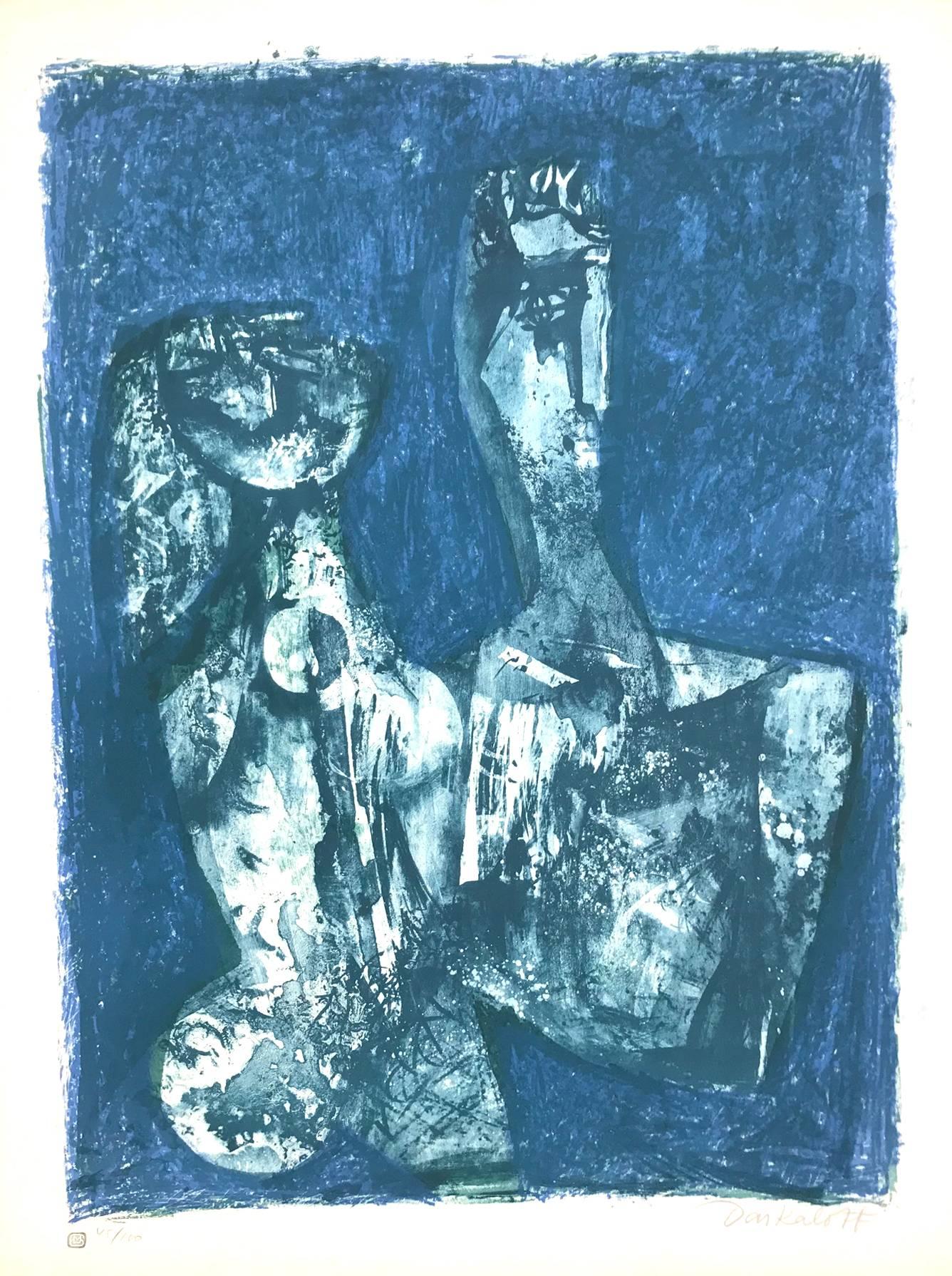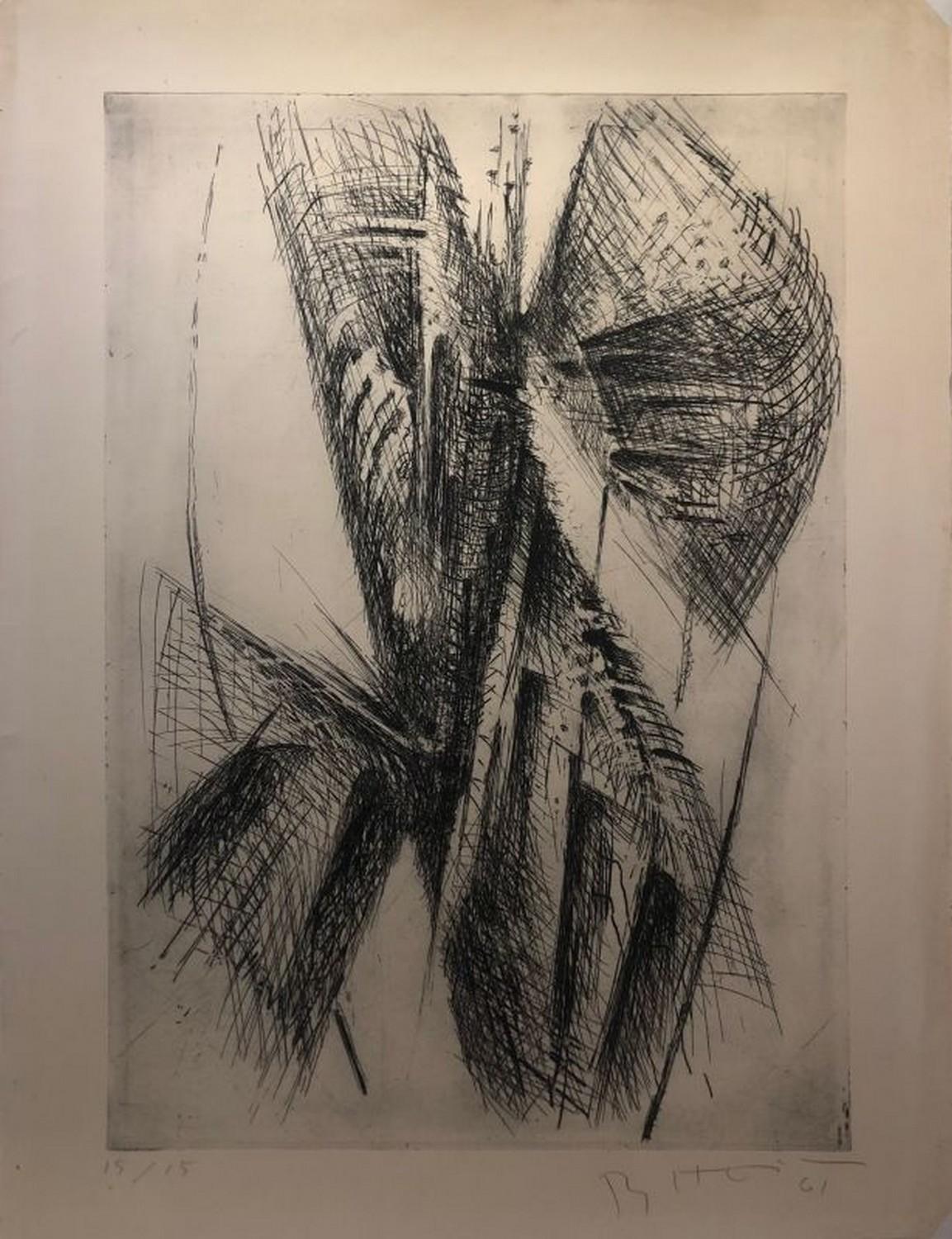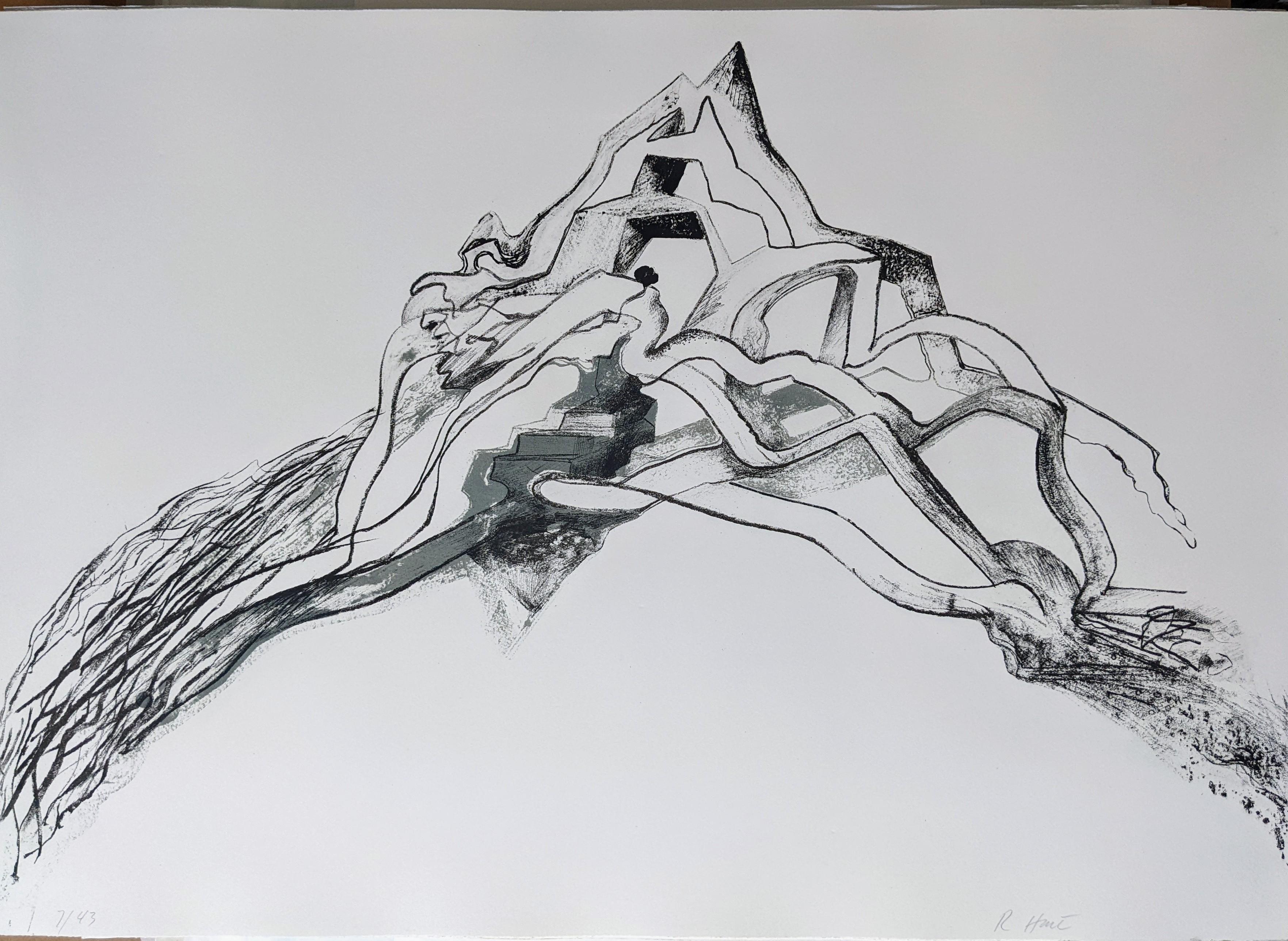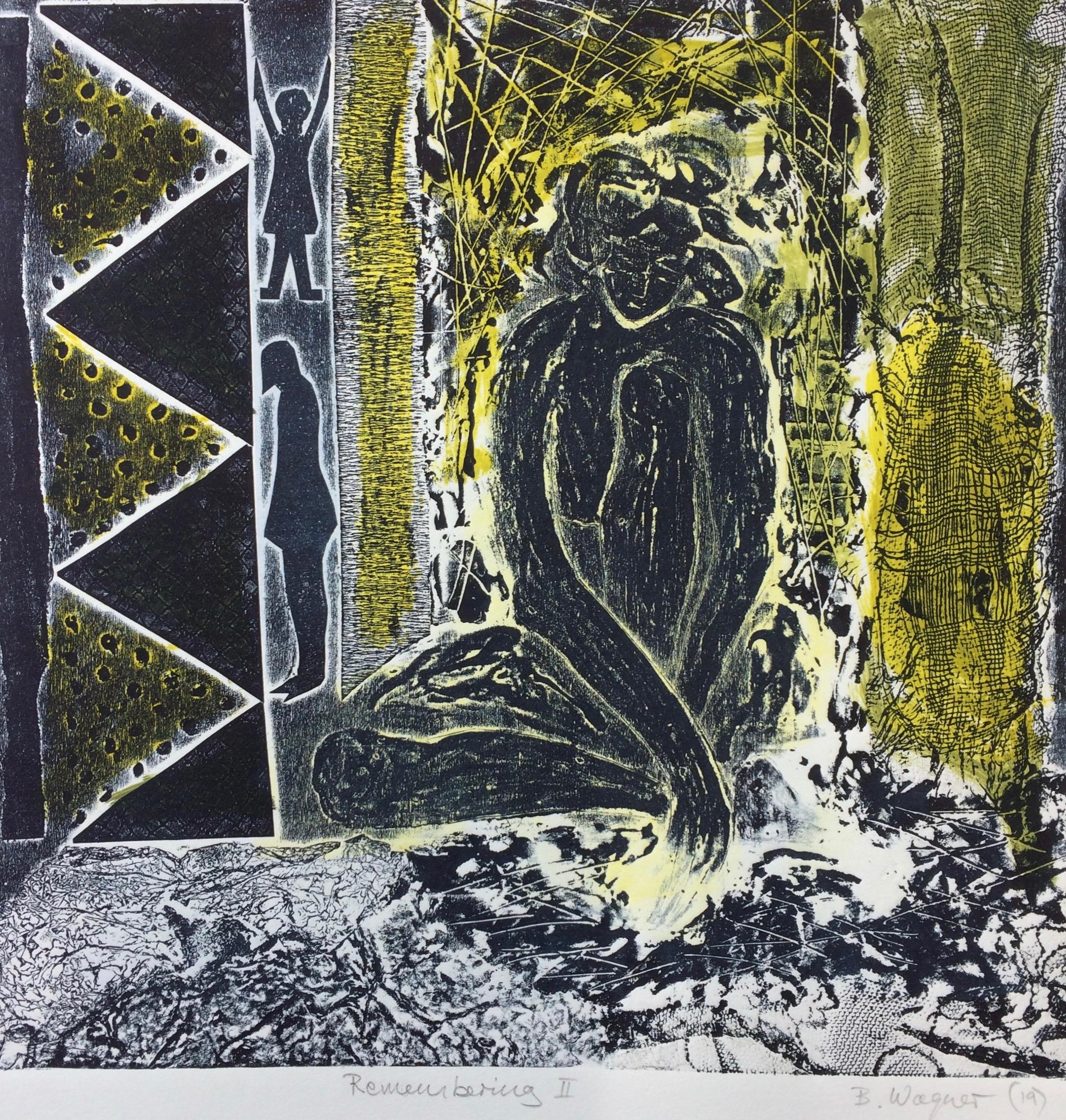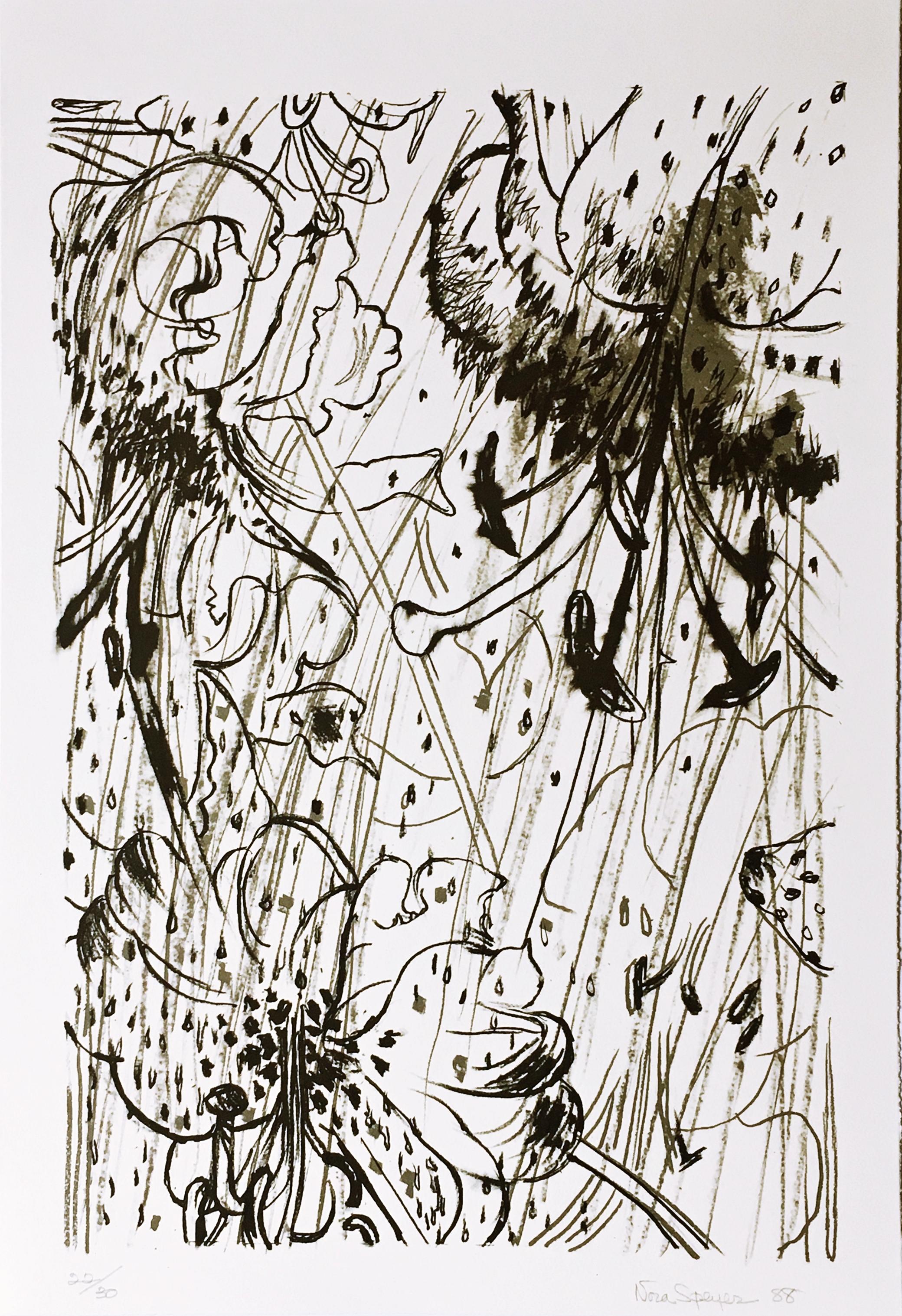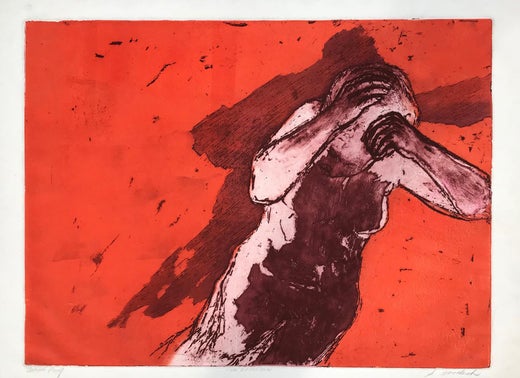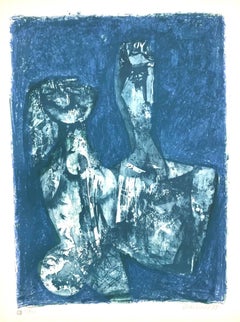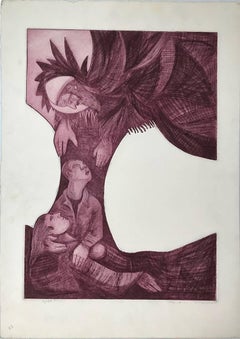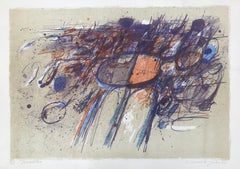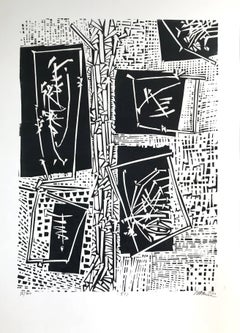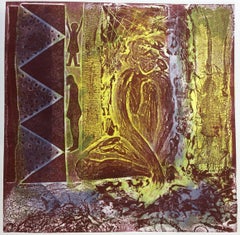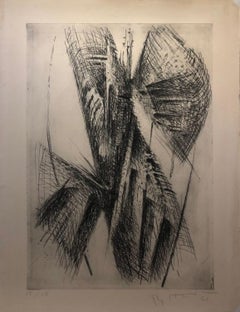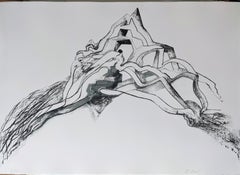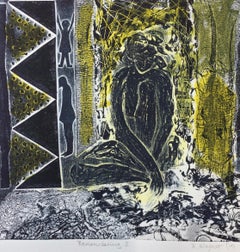Shirley GorelickGrowth 1Late 20th Century
Late 20th Century
About the Item
- Creator:Shirley Gorelick (1924 - 2000, American)
- Creation Year:Late 20th Century
- Dimensions:Height: 15.25 in (38.74 cm)Width: 11.5 in (29.21 cm)
- Medium:
- Movement & Style:
- Period:
- Condition:
- Gallery Location:New York, NY
- Reference Number:1stDibs: LU75232439481
Shirley Gorelick
Shirley Gorelick was born in the USA, in 1924. She earned her B.A. at Brooklyn College (1944), where she studied under Serge Chermayeff, and her M.A. at Teachers College, Columbia University (1947). She briefly studied with Hans Hofmann in Provincetown and Betty Holliday in Port Washington. Her early work was influenced by Cubism, Surrealism, and Abstract Expressionism, but she became uncomfortable with the distortion of the human figure in modern art. Gorelick emerged as a strong figurative artist with her first solo show, held at the Angeleski Gallery in 1961, where she exhibited an array of truncated nudes in the prevailing abstract expressionist idiom. Several years later, using the visual language of 20th-century realism, Gorelick reinterpreted Giorgione’s Concert Champêtre, Pablo Picasso’s Les Demoiselles d’Avignon and the Three Graces. Most notably, Three Graces IV and Three Graces V feature the repeated forms of a nude, middle-aged African-American model. As Gorelick’s work evolved in the 1970s, the direct associations with her artistic forebears lessened, although she continued to be inspired by them. Blending the theme of the Three Graces and the Tahitian nudes of Paul Gauguin, Gorelick created Westchester Gauguin (Three Sisters), a series of paintings that portray suburban adolescents amid an overgrowth of pachysandra. She further recast the Three Graces in Willy, Billy Joe, and Leroy (1973), a compelling portrait of three African-American men in the artist’s studio. Inspired by Paul Cézanne’s Card Players, Gorelick also painted Chess Game (1972), in which she depicted a group of men playing chess outdoors. Despite the ongoing influence of her artistic predecessors, Gorelick was a realist who painted from direct observation, photographs, and other material, to reach the essence of her subjects. Nevertheless, she always embraced the materiality of the paint. In the late 1970s, Gorelick began to paint middle-aged couples, either together or individually, which further revealed her interest in psychological states. Her work was praised by reviewers in the New York Times, Newsday, Soho Weekly News, Long Island Press, Arts Magazine, Feminist Art Journal and Womanart. Gorelick was actively involved in SOHO 20 Gallery (est. 1973), the second artist-run, all-women exhibition space in New York City and was among the founders of Central Hall Artists Gallery (est. 1973) in Port Washington, New York, the first cooperative of its kind on Long Island.
- ShippingRetrieving quote...Shipping from: New York, NY
- Return Policy
More From This Seller
View AllLate 20th Century Abstract Abstract Prints
Lithograph
Late 20th Century Abstract Figurative Prints
Etching
1960s Abstract Abstract Prints
Lithograph
1960s Abstract Abstract Prints
Woodcut
1960s Abstract Abstract Prints
Lithograph
1960s Abstract Abstract Prints
Woodcut
You May Also Like
2010s Abstract Abstract Prints
Parchment Paper
1970s Abstract Abstract Prints
Engraving
2010s Abstract Abstract Prints
Lithograph
2010s Abstract Abstract Prints
Parchment Paper
1980s Abstract Abstract Prints
Pencil, Lithograph
1990s Abstract Abstract Prints
Engraving
